Britain & Ireland 1901-present
War and conflict, technology, illness and medicine and the battle for civil and national rights have all been key elements of the 20th century through to today, thus, all of those themes and many more are explored in this section. Underpinning many of these articles and included here are articles exploring pedagogical issues, managing knowledge and transferring knowledge. Read more
Sort by:
Date (Newest first) | Title A-Z
Show:
All |
Articles |
Podcasts |
Multipage Articles
-
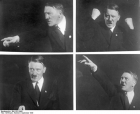
The Origins of the Second Great War
ArticleClick to view -

NHS Reform Timeline
ArticleClick to view -

Britain in the 1950s
ArticleClick to view -

Neville Chamberlain: Villain or Hero?
ArticleClick to view -
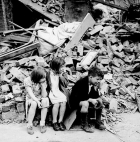
The Coming of War in 1939
ArticleClick to view -

The Irish in Britain 1815-1914
ArticleClick to view -

Cunning Plan 144: promoting independent student enquiry
ArticleClick to view -
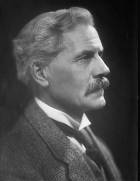
Polychronicon 144: Interpreting the 1930s in Britain
ArticleClick to view -

Triumphs Show 144: Active learning to engage ‘challenging students'
ArticleClick to view -
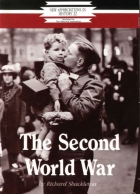
The Second World War
ArticleClick to view -
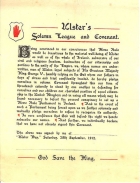
Irish Unionism 1885-1922
ArticleClick to view -
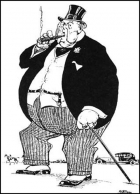
The British General Strike 1926
ArticleClick to view -
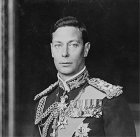
The King's Speech online resource
ArticleClick to view -
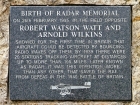
Arnold Wilkins: Pioneer of British Radar
ArticleClick to view -
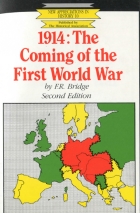
1914: The Coming of the First World War
ArticleClick to view -

World War 2 Letters
ArticleClick to view -
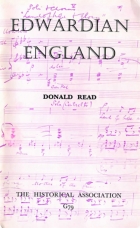
Edwardian England
ArticleClick to view -
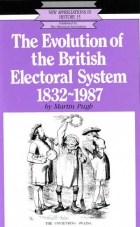
The Evolution of the British Electoral System 1832-1987
ArticleClick to view -
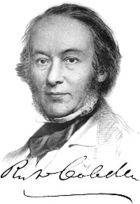
The Reformed Electoral System in Great Britain, 1832-1914
ArticleClick to view -

Polychronicon 136: Interpreting the Beatles
ArticleClick to view

